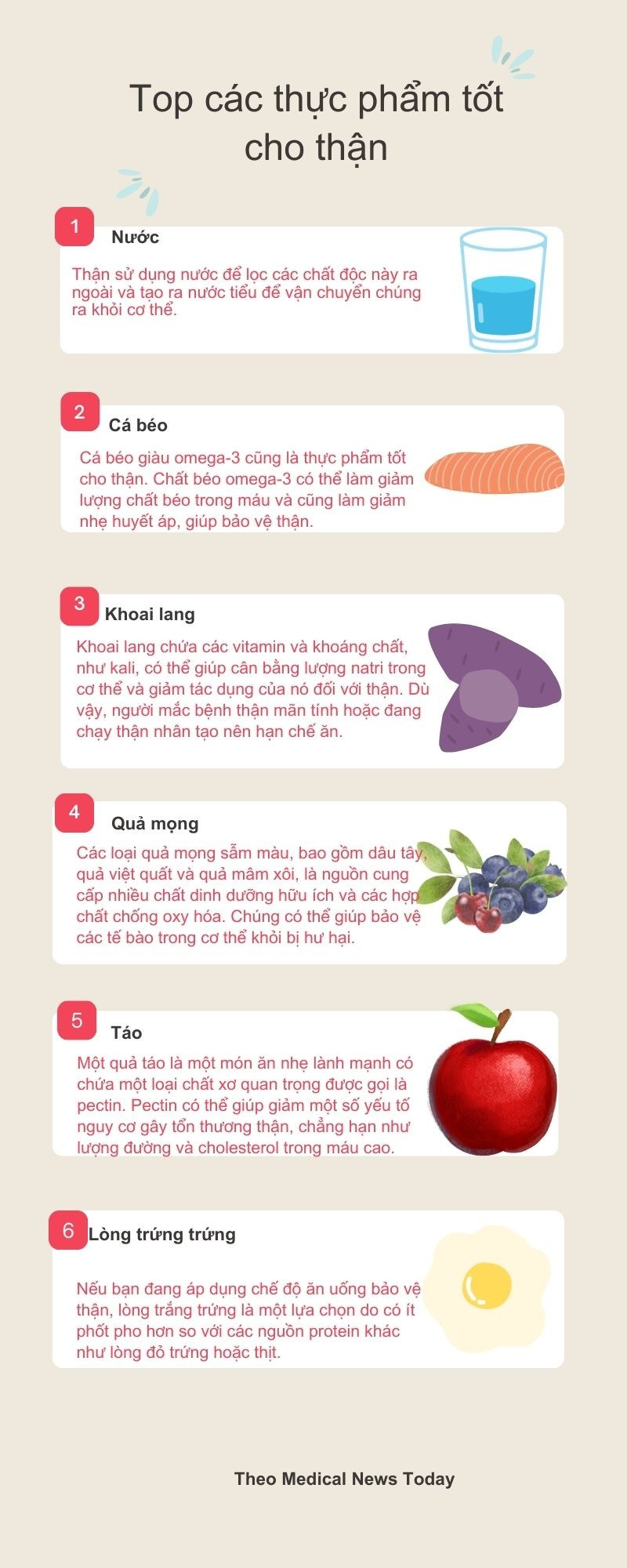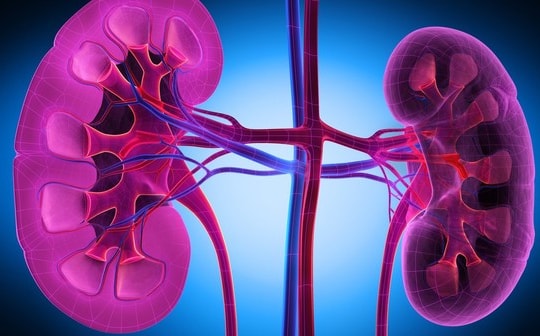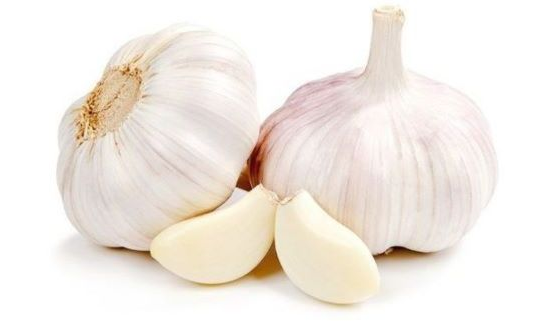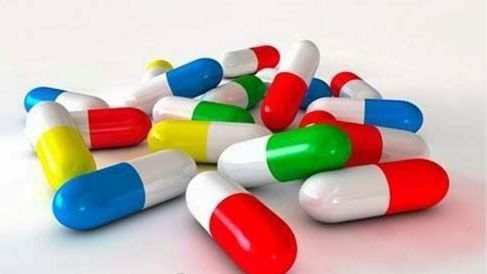Things to do immediately to protect your kidneys
In recent years, the rate of people with kidney failure has tended to increase in all ages. If not controlled and treated promptly, the patient may die.
According to statistics, the rate of kidney failure (chronic kidney disease) in Vietnam accounts for about 10.1% of the population (more than 10 million people), with about 8,000 new cases each year. The mortality rate due to chronic kidney disease ranks 8th among the leading causes of death in Vietnam.
Renal failure is a condition of decreased kidney function. Renal failure includes acute renal failure and chronic renal failure. Acute renal failure develops acutely, develops suddenly, and if treated properly will be completely cured. If not treated promptly, acute renal failure has the risk of worsening, progressing to chronic renal failure or death.
Chronic kidney failure often develops silently, worsens over time and cannot be reversed.
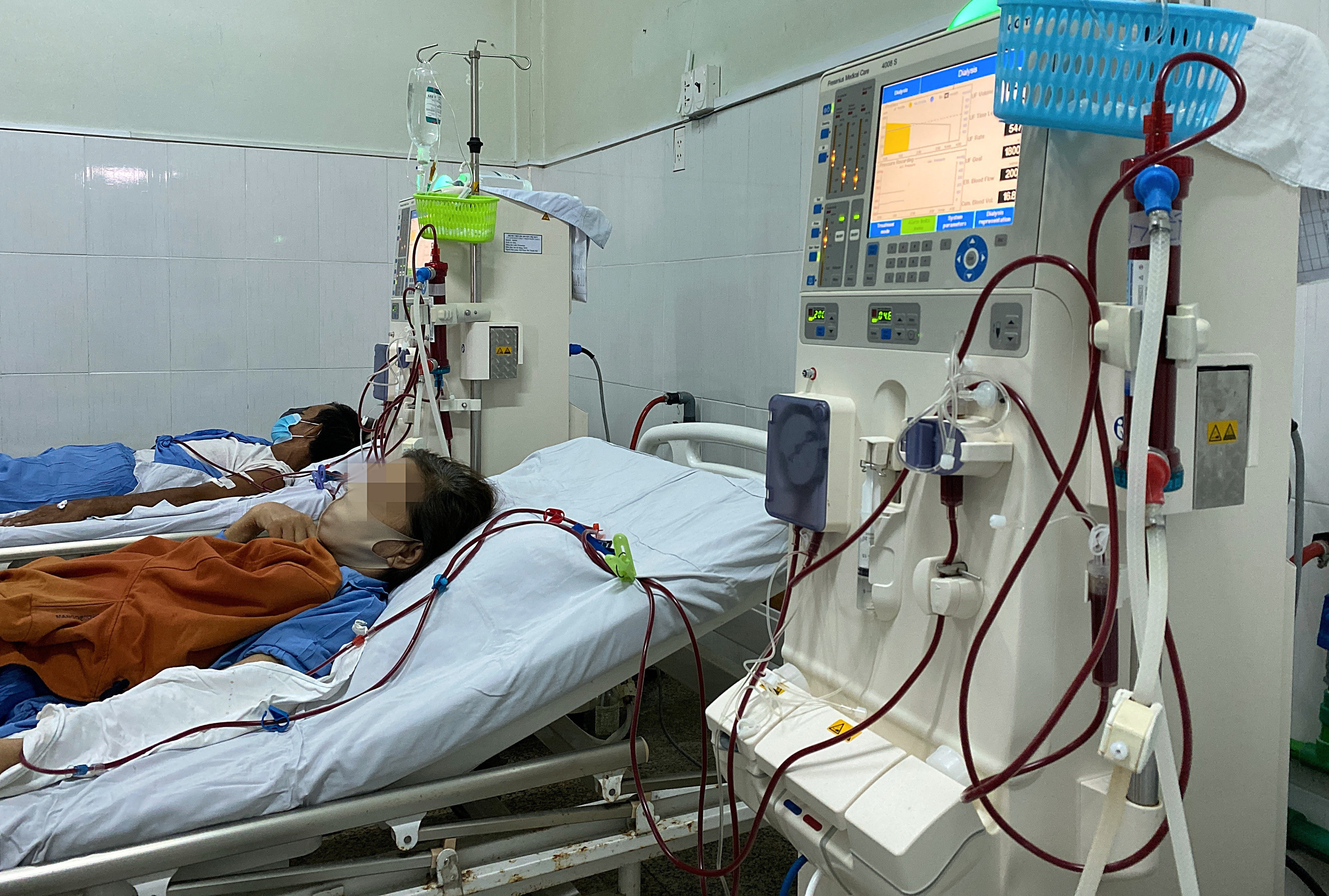
Patients with chronic kidney failure are treated with periodic dialysis. Illustration: NP
To proactively prevent kidney failure, doctors at Bai Chay Hospital (Quang Ninh) recommend that people should:
Drink enough water
Water plays an important role in the body, especially for people with weak kidneys, special attention is needed. Doctors recommend that people with kidney disease should not drink too much or too little water. Because drinking too much water will put pressure on the kidneys, drinking too little water will increase the risk of kidney poisoning because the kidneys will not have enough water to contract and push out waste and toxins.
So, just drink enough water every day. Every day the body needs 2-2.5 liters of water, depending on the overall health, gender, body weight and activities of that person. For those who play sports, sweat a lot, need to supplement more water.
To hydrate your body, you should not drink a large amount of water at once, but drink small sips to help your cells absorb the water. You should drink warm water to help reduce the risk of respiratory diseases and increase intestinal motility, support the digestive system, and help blood circulation in the body become easier and smoother.
At the same time, do not wait until you are thirsty to drink, because even when you are not thirsty, your body can still lose a necessary amount of water that needs to be replenished immediately.
In addition to drinking filtered water, we can increase some fresh fruit juices such as watermelon, apple, strawberry... which are rich in vitamins and minerals that are very good for the kidneys. In particular, stay away from carbonated soft drinks, because the amount of sugar and phosphorus in these drinks will promote calcium excretion, increase pressure on the kidneys, and easily cause kidney stones.
People who have had kidney stones should drink a little more water to help prevent future stones from forming.
Regular moderate exercise
Exercise is not only necessary for normal people, but also for people with kidney disease need to maintain movement.
Regular exercise helps increase muscle flexibility, strengthen the immune system, and improve blood circulation. It also helps stabilize blood pressure, reduce blood fat (cholesterol and triglycerides), and improve cardiovascular health.
These are important factors in preventing kidney damage. Therefore, these kidney-friendly habits should be maintained regularly.
However, for people with weak kidneys, attention should be paid to the type of exercise, exercise time, intensity and duration. For this group, they should choose gentle exercises such as walking, swimming, cycling, yoga, aerobics... Newcomers should practice slowly, then gradually increase the time, should maintain 30-45 minutes/day, practice at least 3 days/week.
Depending on each person’s health, there are different exercise intensities. We should exercise within our capacity. If we feel tired, short of breath, have a fast heartbeat, or have a stomachache, we should stop immediately.
Maintain a healthy weight
People who are overweight or obese have a significant impact on their health, with a risk of developing certain health conditions such as diabetes, heart disease, and high blood pressure that can damage the kidneys. Therefore, it is necessary to monitor and maintain a healthy body mass index (BMI).
BMI is a body mass index used to measure body fat. BMI is calculated for adults by dividing weight by height squared. A person with a normal body mass index ranges from 18.6 to 24.9. If this index exceeds 25, the body is overweight or obese. Therefore, it is necessary to maintain a scientific diet and exercise regimen to have a suitable weight.
Blood sugar control
People with diabetes or those at risk of high blood sugar levels are at risk of kidney damage. When the body's cells can't use up all the sugar in the blood, the kidneys have to work harder to filter the blood. This can be life-threatening if it goes on for a long time.
However, if you control your blood sugar, you can reduce the risk of kidney damage. In addition to a reasonable exercise and nutrition regimen, we also need regular check-ups. When detected early, doctors have ways to reduce or prevent kidney damage.
Blood pressure monitoring
High blood pressure is a factor that will lead to health consequences such as diabetes, cardiovascular disease or high cholesterol, causing kidney damage. When blood pressure increases, it will thicken the blood vessel walls and narrow the blood vessels.
The blood filtration process becomes more difficult, body waste will accumulate in the blood and over time will damage the kidneys. Normal blood pressure is 120/80 mmHg.
If the blood pressure index is above 140/90, it is a condition of high blood pressure. If this condition occurs, the patient needs to consult a doctor and need to monitor blood pressure regularly, change lifestyle and possibly take medication. When high blood pressure persists, it will increase the pressure on the glomeruli, making the kidneys work harder, potentially leading to kidney failure.
Limit alcohol consumption and stop smoking.
These are two factors that greatly affect overall health, including the kidneys. If you regularly drink too much alcohol, the alcohol concentration in your blood will increase, and your kidneys will work at full capacity and will have difficulty eliminating all toxins. This can lead to acute or chronic nephritis. At the same time, drinking too much alcohol increases blood pressure, a common cause of kidney disease.
Caution in using non-prescription drugs
Regular use of over-the-counter (OTC) pain relievers, nonsteroidal anti-inflammatory drugs including ibuprofen and naproxen, can harm the kidneys if taken regularly.
Therefore, we need to pay attention and be cautious when using these drugs. It is best to consult your doctor when using these drugs daily.
In addition to pain relievers, other medications should also be taken as prescribed and directed by your doctor.
Check kidney function
If you are at high risk of kidney damage or have kidney disease, you should have your kidney function checked regularly.
The following subjects need to pay attention to regular check-ups:
- People over 60 years old.
- People born underweight.
- People with cardiovascular disease, high blood pressure or diabetes.
- People with a family history of high blood pressure, diabetes or chronic kidney disease requiring dialysis or kidney transplant.
- Obese people.
- People with abnormal signs in the kidneys.
